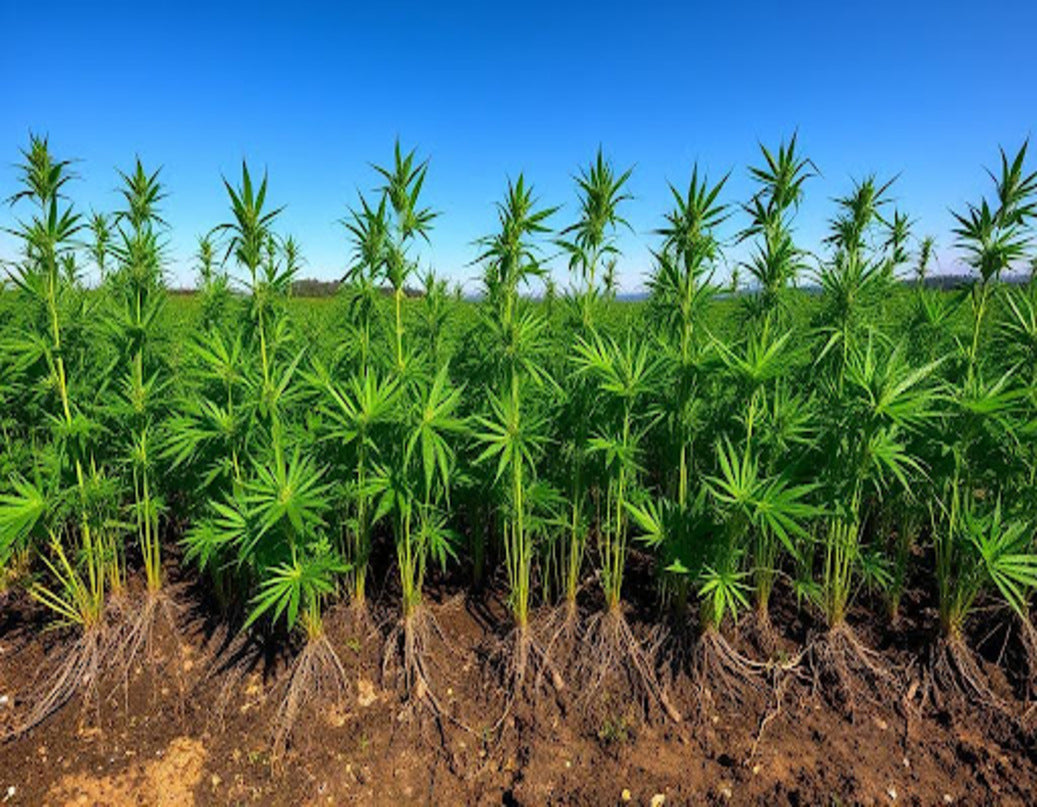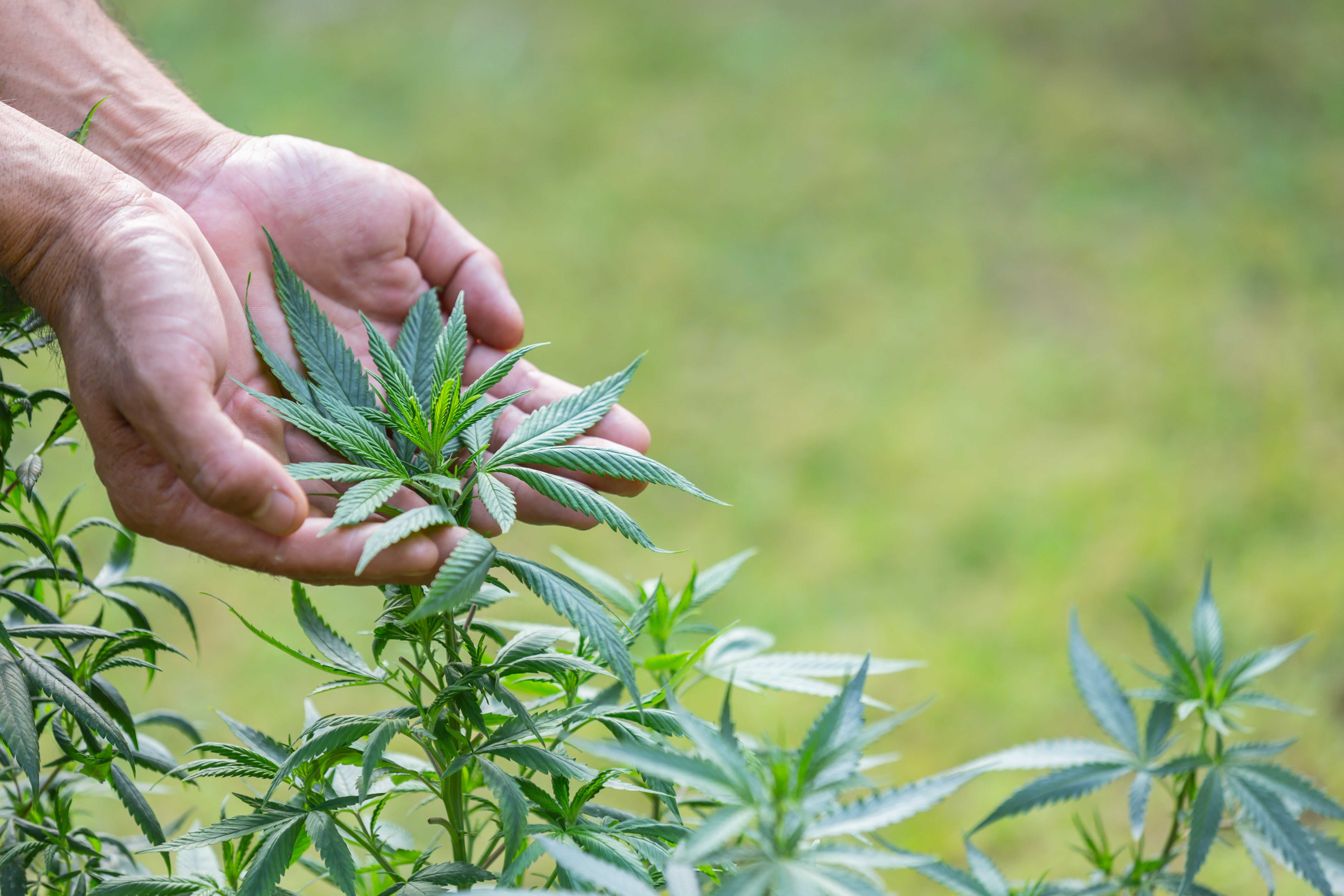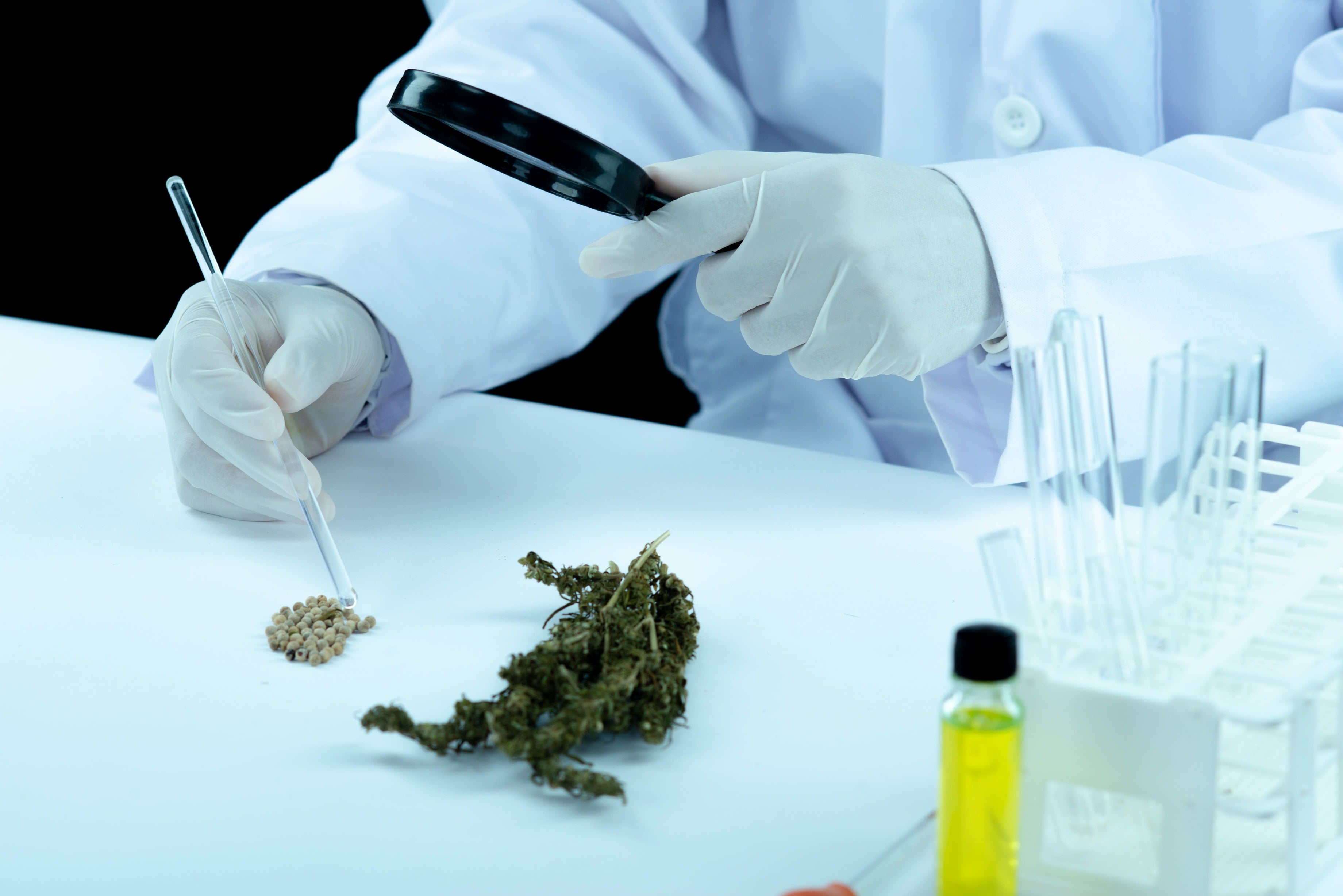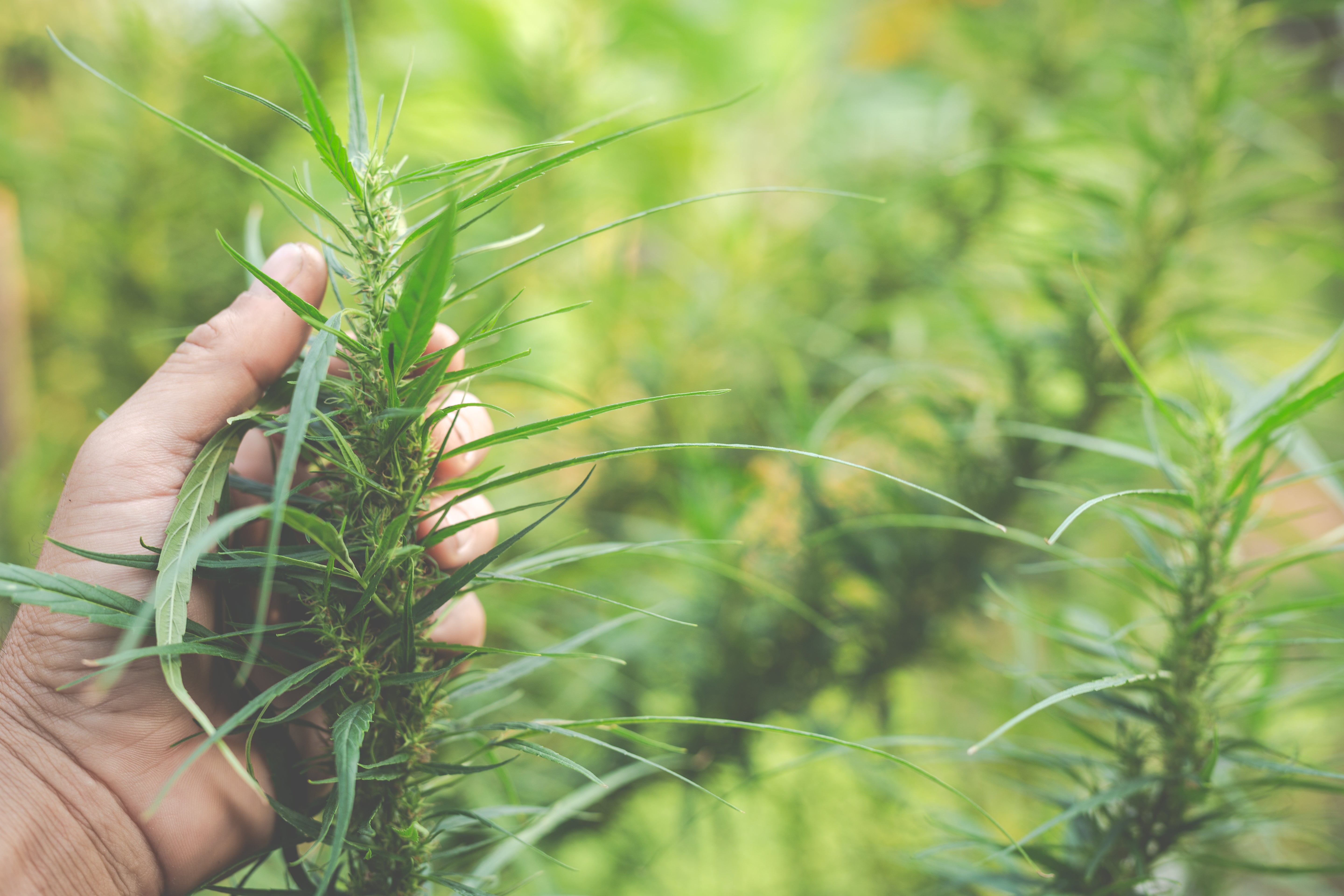Hemp's Role in Cleaning the Environment: A Natural Solution to Pollution

As the world faces growing environmental challenges, many look for natural solutions to tackle pollution. One such answer is hemp, a plant with incredible abilities that can help clean up harmful chemicals, especially a class of pollutants known as PFAS.
What Are PFAS?

PFAS (per- and poly-fluoroalkyl substances) are artificial chemicals found in products like non-stick cookware, stain-resistant fabrics, and firefighting foams. They have become widespread and are contaminating soil, air, and water. PFAS can stay in the environment for decades, posing serious health risks such as hormone disruption, liver damage, and even cancer.
Hemp: Nature's Cleanup Tool

Hemp is a powerful plant that offers a green solution to this growing problem. Through a process called phytoremediation, hemp absorbs harmful chemicals like PFAS from the environment. Its roots take in pollutants from the soil and store them in the plant, effectively cleaning the area.
But hemp doesn't stop with PFAS. It can also remove other harmful substances, including heavy metals, pesticides, and radioactive materials. This makes hemp a key player in making polluted areas clean and safe again.
How Hemp Cleans the Earth
Hemp's natural ability to clean the environment comes from its roots and the microorganisms living around it. This community of organisms, the rhizosphere microbiome, works with hemp to break down and absorb pollutants. Together, they trap and store harmful substances and clean the soil and water.
This ability to absorb and store pollutants, known as bioaccumulation, offers a sustainable solution to environmental cleanup. Studies have shown that hemp can effectively remove contaminants, making it an eco-friendly alternative to traditional methods.
Hemp as a Green Technology
Using hemp for environmental cleanup is a more significant movement towards green technology. Green technology focuses on solutions that use natural processes to solve big problems. Hemp-based cleanup is a renewable, cost-effective way to tackle pollution while helping the environment heal. Hemp grows quickly, restores soil health, and even helps fight climate change by absorbing carbon dioxide from the air.
Real-Life Success Stories
Several successful projects show hemp's potential to clean up pollution:
- Michigan: A small town in rural Michigan used hemp to clean up soil and water contaminated with PFAS. After two years, the area was safe again.
- Pennsylvania: Hemp was used to clean up industrial wastewater polluted with heavy metals. The water was restored, providing a safer environment for the community.
These examples highlight the promise of hemp-based solutions for environmental challenges.
Challenges and the Future
While hemp-based remediation is promising, it's challenging. Complex regulations around growing hemp and the need for more research are hurdles to widespread adoption. Scaling up hemp cleanup projects also requires better processes and innovation. However, with continued support, policy changes, and more research, hemp could become a key player in global environmental cleanup efforts.
The Bottom Line
Hemp offers a natural, sustainable way to clean up harmful chemicals like PFAS. With its unique abilities, hemp can help restore polluted areas and make our planet healthier. By embracing hemp-based remediation, we can create a greener future for all.







Share:
Hemp Cleaning Toxic Chemicals in the Soil: A Solution
Industrial Hemp: Foundation of Colonial America